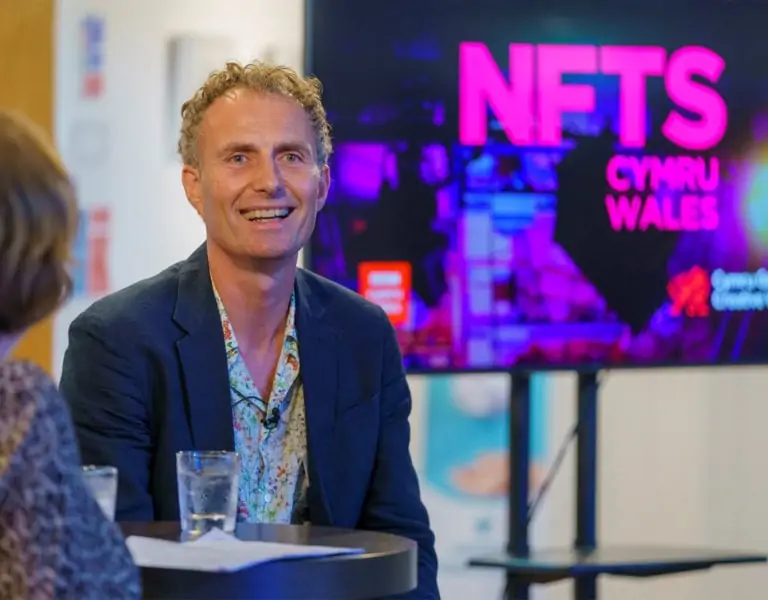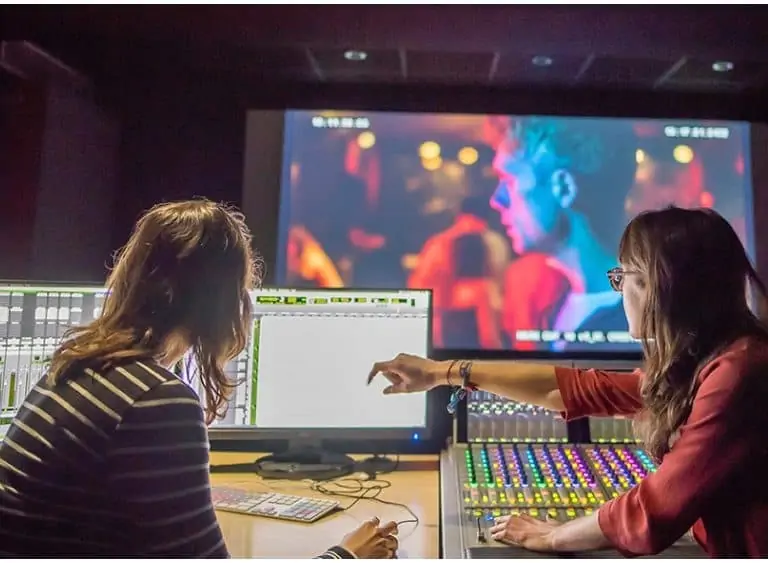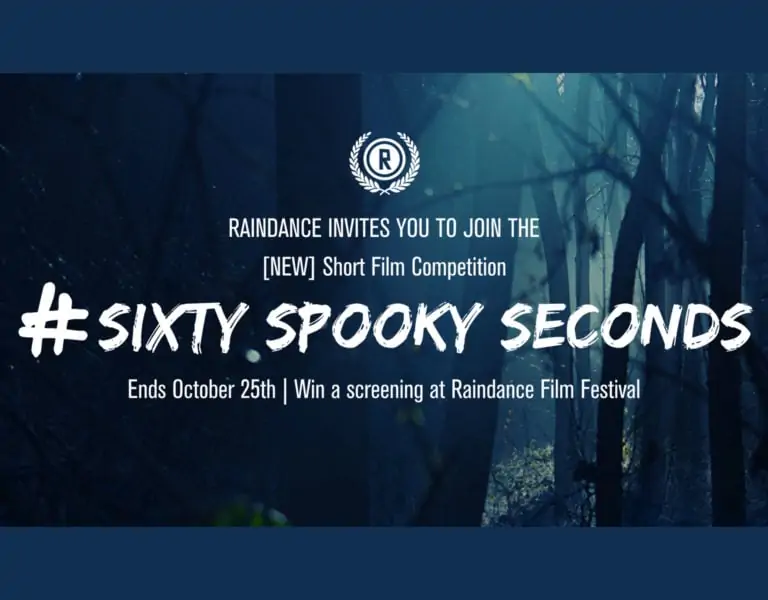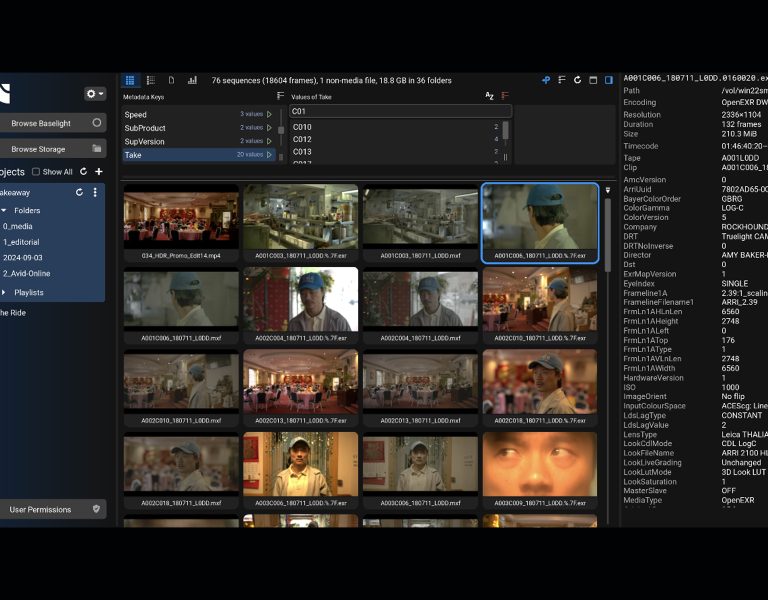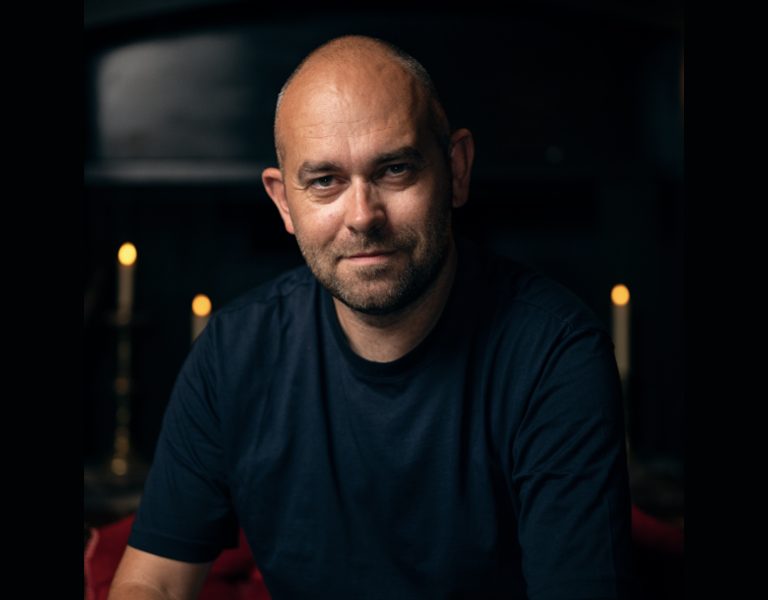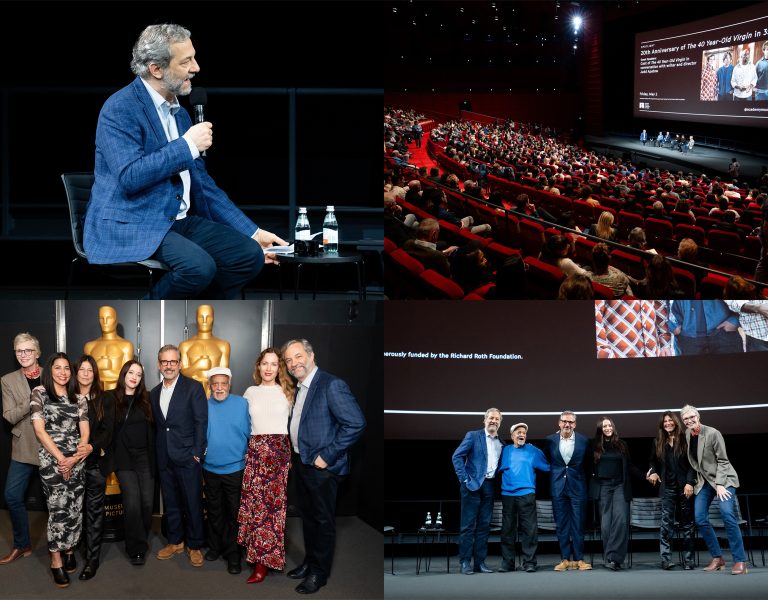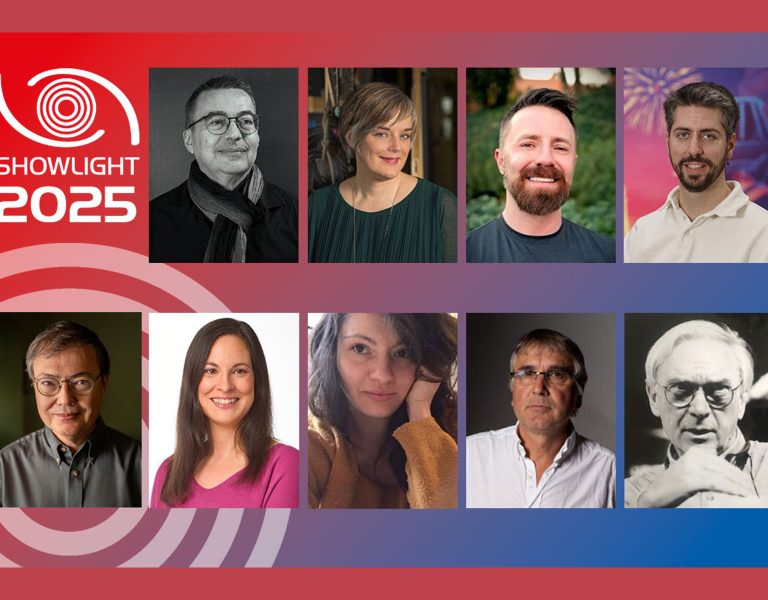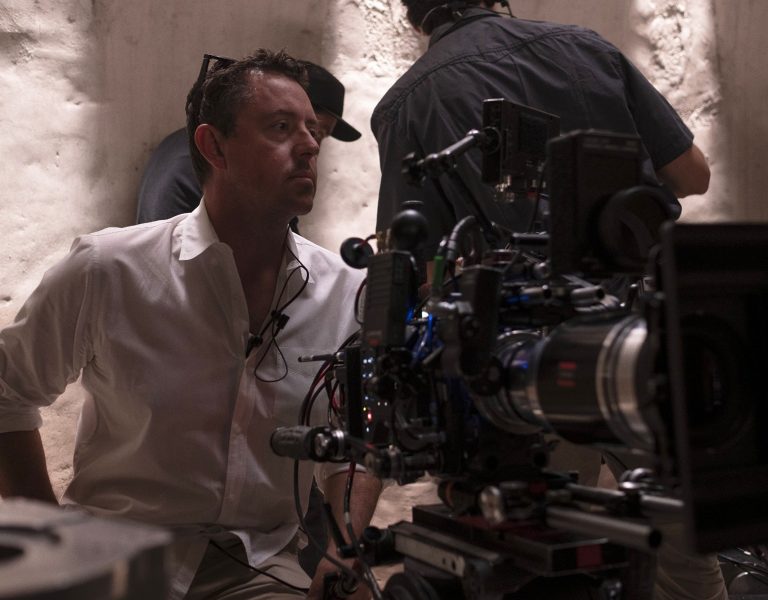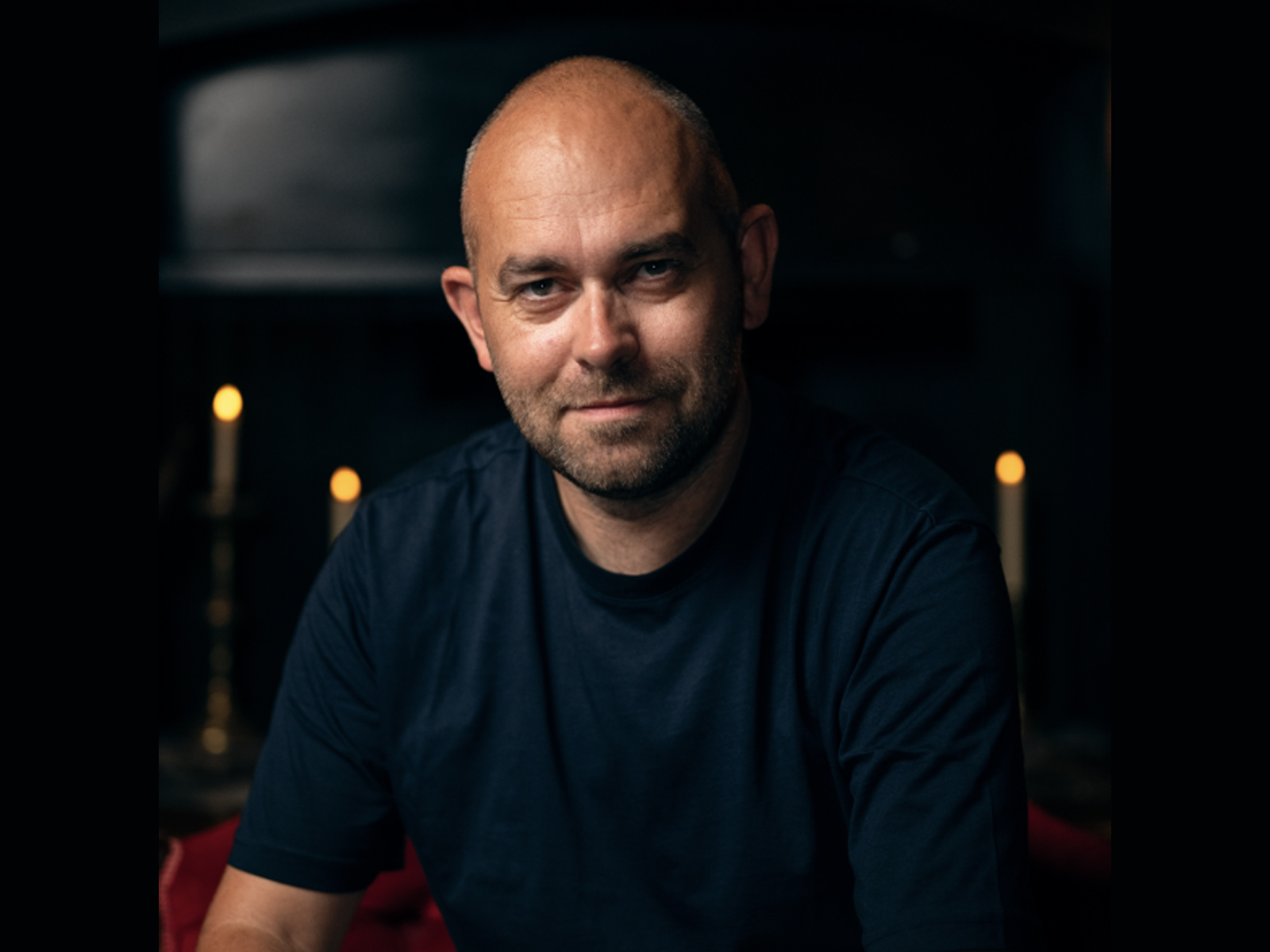
The National Film and Television School (NFTS), one of the world’s leading training grounds for film, television and games launch its first-ever course focused on the transformative and growing role of Artificial Intelligence (AI) in the screen industries.
Developed in partnership with Deep Fusion Films, producers of Virtually Parkinson and Hammer: Heroes, Legends and Monsters, and pioneers in the ethical use of AI within the creative process, the ground-breaking new Certificate in AI Protocols and Practices for Film and Television will be delivered online weekly over six months from September.
Created in response to a rapidly evolving landscape, the course explores the growing need for critical, creative and ethical engagement with AI, equipping participants to enhance and streamline their creative practice in film and television while examining the responsibilities and challenges that come with AI’s use.
Applications are now open for the part-time Certificate in AI Protocols and Practices for Film and Television, designed for industry professionals, freelancers and emerging creatives, keen to deepen their understanding of AI’s growing influence across the film and television pipeline. Led by Benjamin Field, co-founder and CEO of Deep Fusion Films, the course will feature weekly sessions combining workshops, masterclasses and group tutorials.
Participants will gain hands-on experience with cutting-edge AI tools and workflows, alongside critical insights into the legal, ethical and cultural considerations they raise. From copyright and consent to bias, authorship and intellectual property, the course tackles the real-world issues shaping the future of storytelling.
Whether streamlining production, enhancing post, or unlocking new creative formats, the course goes beyond technical training, providing insights into not just how to use AI, but when, why, and with what impact.
While much of the discourse around AI focuses on efficiency or disruption, this unique course offers a more expansive view. It positions AI not as a threat, but as a transformative opportunity. It’s aim is to teach that if guided by ethical awareness and creative insight, AI use can break down barriers, spark collaboration, and enable entirely new storytelling possibilities. Covering every stage of the process from development through to distribution, the course equips participants with both the practical skills and critical thinking needed to lead in a fast-changing industry.
The course opens for applications just ahead of the Creative Cities Convention’s inaugural Skills Summit taking place in Bradford from tomorrow (7th – 8th May), supported by NFTS Leeds and other leading industry partners.
The National Film and Television School’s Director of Curriculum Mark Readman will join Deep Fusion’s Benjamin Field for a live session exploring the intersection of AI, creativity and screen industry skills on 7th May.
To support greater accessibility and industry inclusion, the NFTS is partnering with PACT, the UK’s leading screen sector trade body, to offer two 50% scholarships for applicants from PACT member companies with less than five full time staff or freelancers. A further bursary will be awarded by Deep Fusion Films.
Jon Wardle, Director of the NFTS, commented: “At the NFTS, we’re committed to preparing storytellers not just for today’s industry, but for where it is headed. While much of the current conversation around AI focuses on disruption, we see its true potential as a creative enabler if used responsibly. This new course is about more than mastering tools, it’s about developing the critical thinking and ethical awareness needed to harness AI in ways that will open doors, spark collaboration and unlock entirely new forms of storytelling.”
Benjamin Field, co-founder and CEO of Deep Fusion Films added: “AI is already reshaping the screen industries, not in some distant future, but right now, on real productions, affecting real jobs. This course isn’t about fear or hype. It’s about giving creatives the tools, context and critical confidence to work with AI responsibly and artistically. We’re not teaching machines to be creative, we’re helping people use machines to unlock new creative possibilities, while protecting the values and rights that underpin the industry.”

